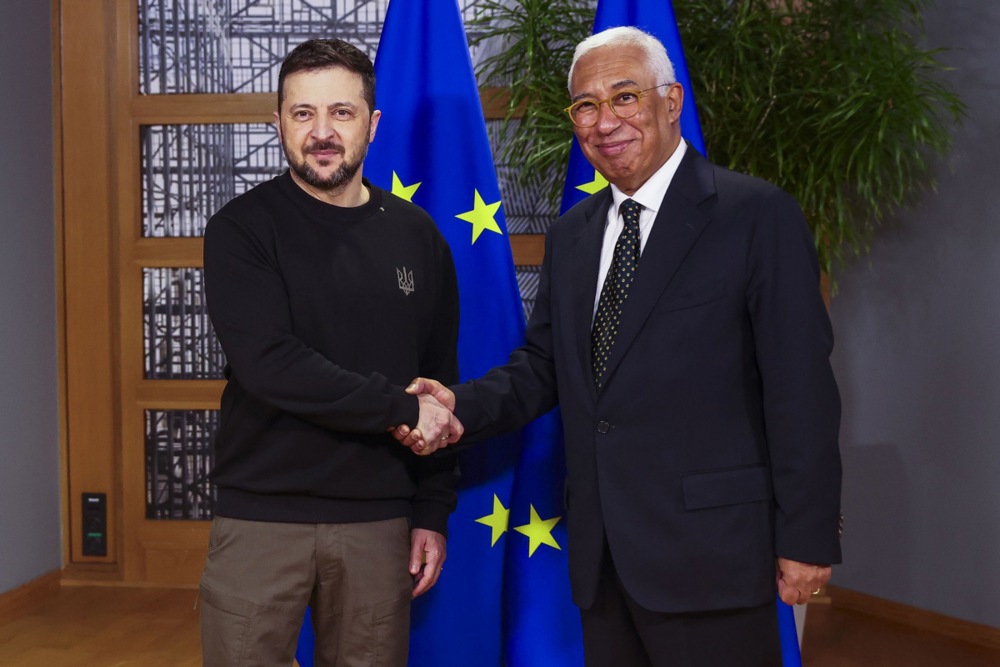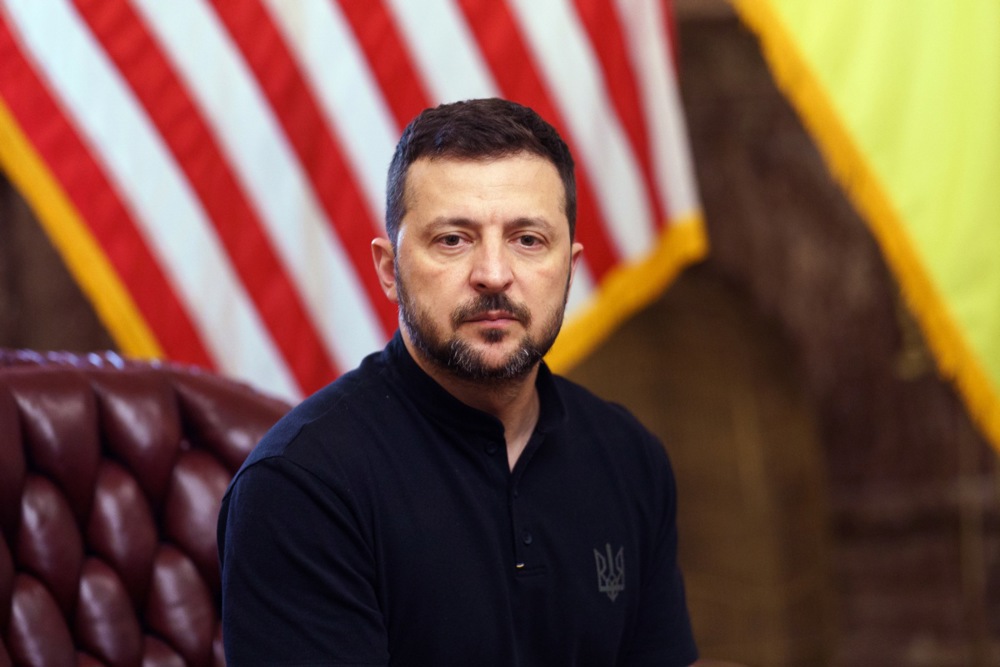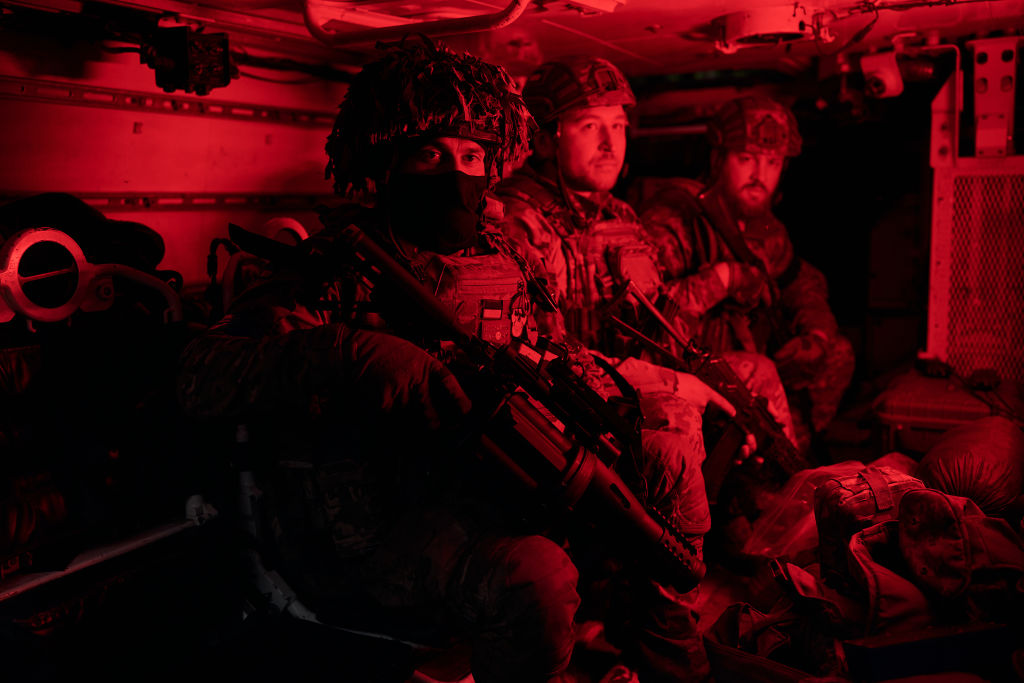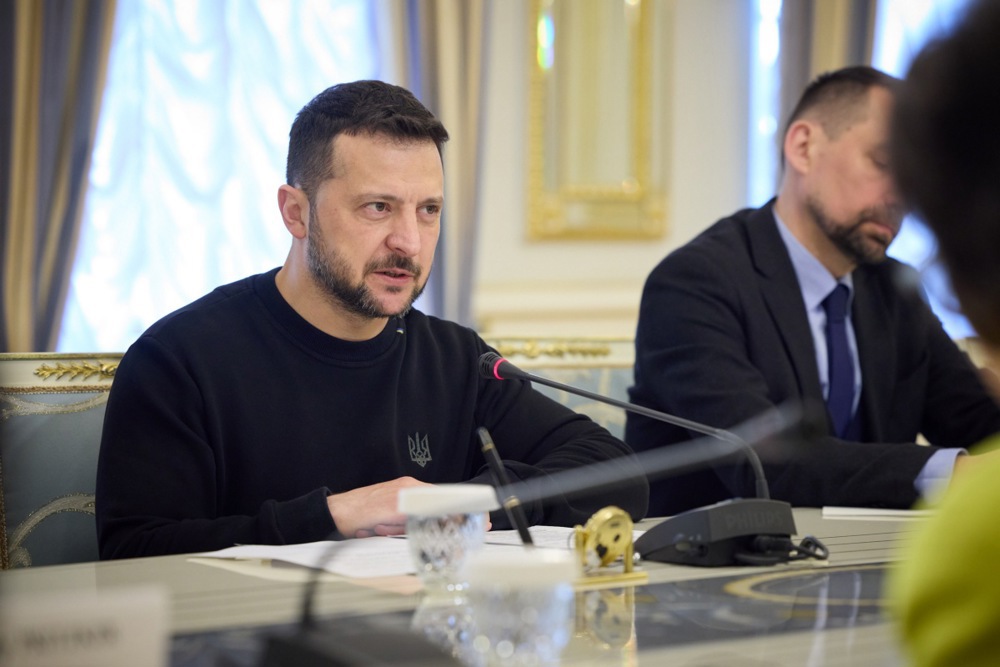European Union leaders have agreed to utilise “all available means” to counter Russia’s “hybrid campaign” against the EU, which they “strongly condemned”.
“The European Union and its member states will continue to enhance their resilience and make full use of all available tools to prevent, deter and respond to Russia’s hybrid activities,” the EU heads of state and government together stated on December 20 in the final conclusions of a summit in Brussels.
This “hybrid campaign” by Russia included, according to the leaders, “sabotage, disruptions to critical infrastructure, cyberattacks, information manipulation, interference, and attempts to undermine democracy, including during electoral processes, targeting the European Union and its member states”.
In this context, the 27 EU nations welcomed the first targeted sanctions addressing Russia’s “destabilising activities.”

The sanctions list includes 16 individuals and three entities responsible for “destabilising actions”. Among them is Unit 29155 of the Russian military intelligence agency (GRU), described as “notorious for involvement in overseas assassinations and destabilisation activities such as bombings and cyberattacks across Europe”, along with active operatives in Ukraine, Western Europe and Africa.
Sanctions also targeted the Pan-African Group for Trade and Investment and its founder Harouna Douamba, which the EU accused of operating a pro-Russian disinformation network, particularly in the Central African Republic and Burkina Faso.
Other entities included African Initiative, a news agency allegedly involved in spreading Russian propaganda and disinformation in Africa, along with its editor-in-chief, and Artem Kureev. He is an alleged agent of Russia’s Federal Security Service (FSB), reportedly co-ordinating disinformation campaigns in Europe and Africa.
The EU further sanctioned the digital disinformation campaign called Doppelganger and directed by Russia, the bloc claimed. That, the EU said, aimed to manipulate information and spread false narratives in support of Russia’s war of aggression against Ukraine. The campaign apparently targeted EU member states, the US and Ukraine.
The EU is said to fear that US President-elect Donald Trump will force a deal with Russia that would not only be bad for Ukraine but also pose serious security problems for the continent. https://t.co/yTLqtI2FLO
— Brussels Signal (@brusselssignal) December 20, 2024





